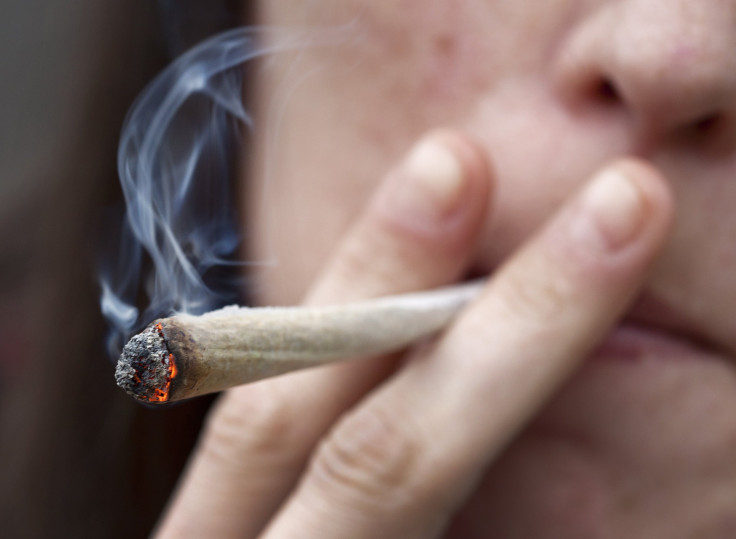School Marijuana Policies: Suspending Students For Pot Could Lead To More Drug Use: Study

Suspending students who use drugs may not be the most effective method for schools to curb youngsters' marijuana use. A study published this month in the American Journal of Public Health found that zero-tolerance drug policies increased the likelihood that students who had been disciplined for marijuana use would use again. It also made their classmates more likely to do so.
"That was surprising to us," researcher Richard Catalano said in a news release. "It means that suspensions are certainly not having a deterrent effect. It’s just the opposite."
The study looked at data from 3,264 seventh- and ninth-graders in Washington state and Victoria, Australia, in 2002 and 2003. Even though the data was old -- it predates Washington's legalization of marijuana by about 10 years -- study author Tracy Evans-Whipp said in the release that "school policy impacts on student marijuana use are unlikely to change."
About 12 percent of ninth-graders in Washington had used pot within a month of the study, compared to only 9 percent of Victoria students in the same period. Washington schools tend to impose harsher punishments on students who use drugs, like expelling them or involving law enforcement, than ones in Victoria do.
Administrators in Washington more often called the police to deal with students who possessed drugs, and their students were 50 percent more likely to be expelled, the Washington Post reported. Researchers found students who went to schools with suspension policies were 1.6 times more likely than those in schools without them to use pot the next year. But Victoria school policies rely on harm reduction techniques, like referring drug users to meet with school counselors or teachers. That made students 50 percent less likely to use marijuana later on.
The takeaway, then, is that "to reduce marijuana use among all students, we need to ensure that schools are using drug policies that respond to policy violations by educating or counseling students, not just penalizing them," Catalano said.
Read the full study here.
© Copyright IBTimes 2025. All rights reserved.






















